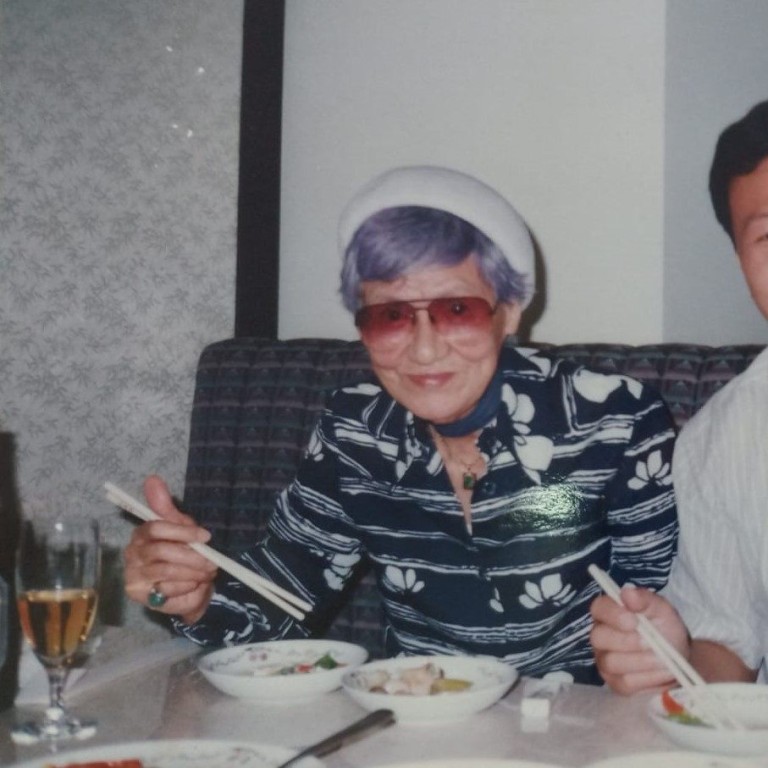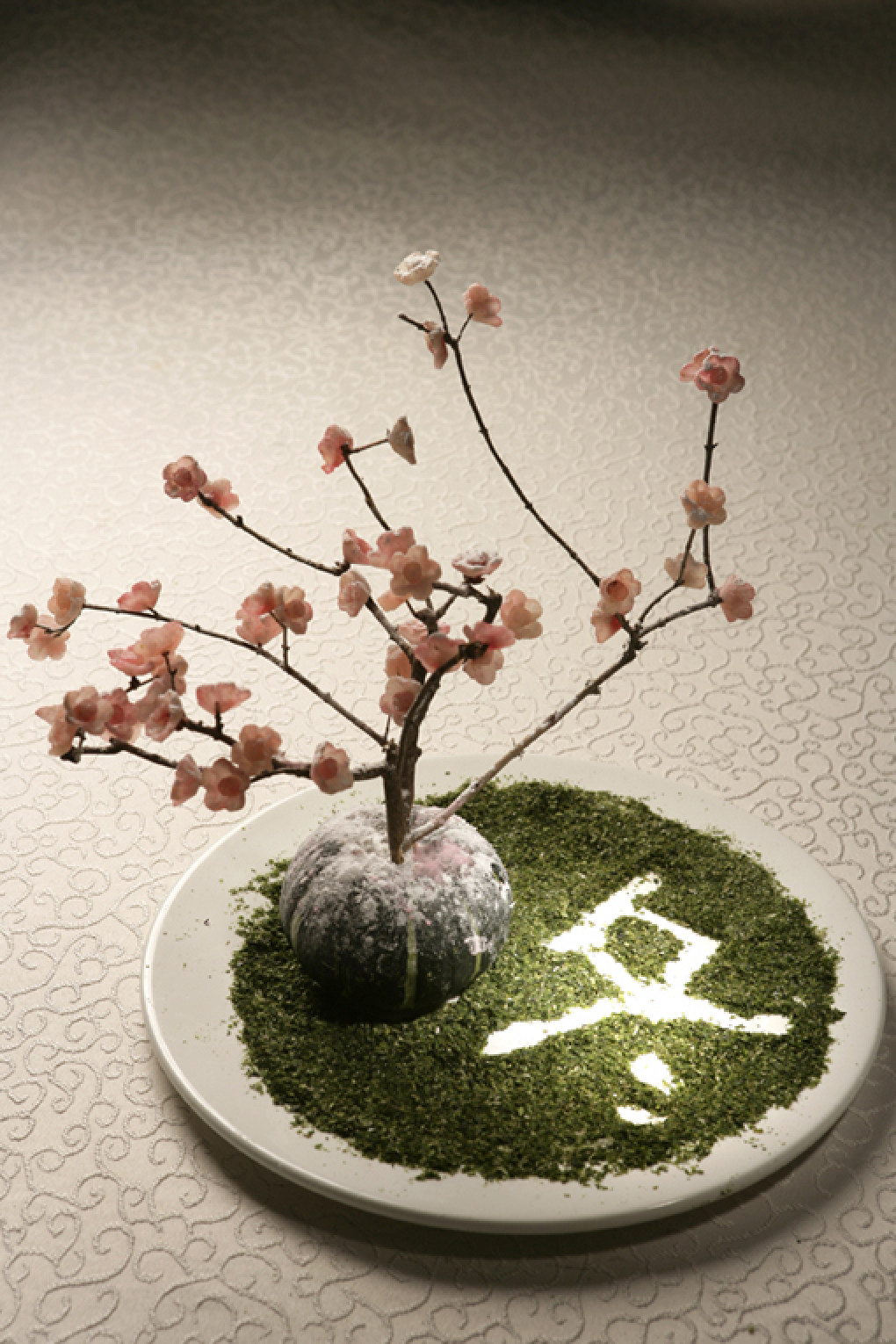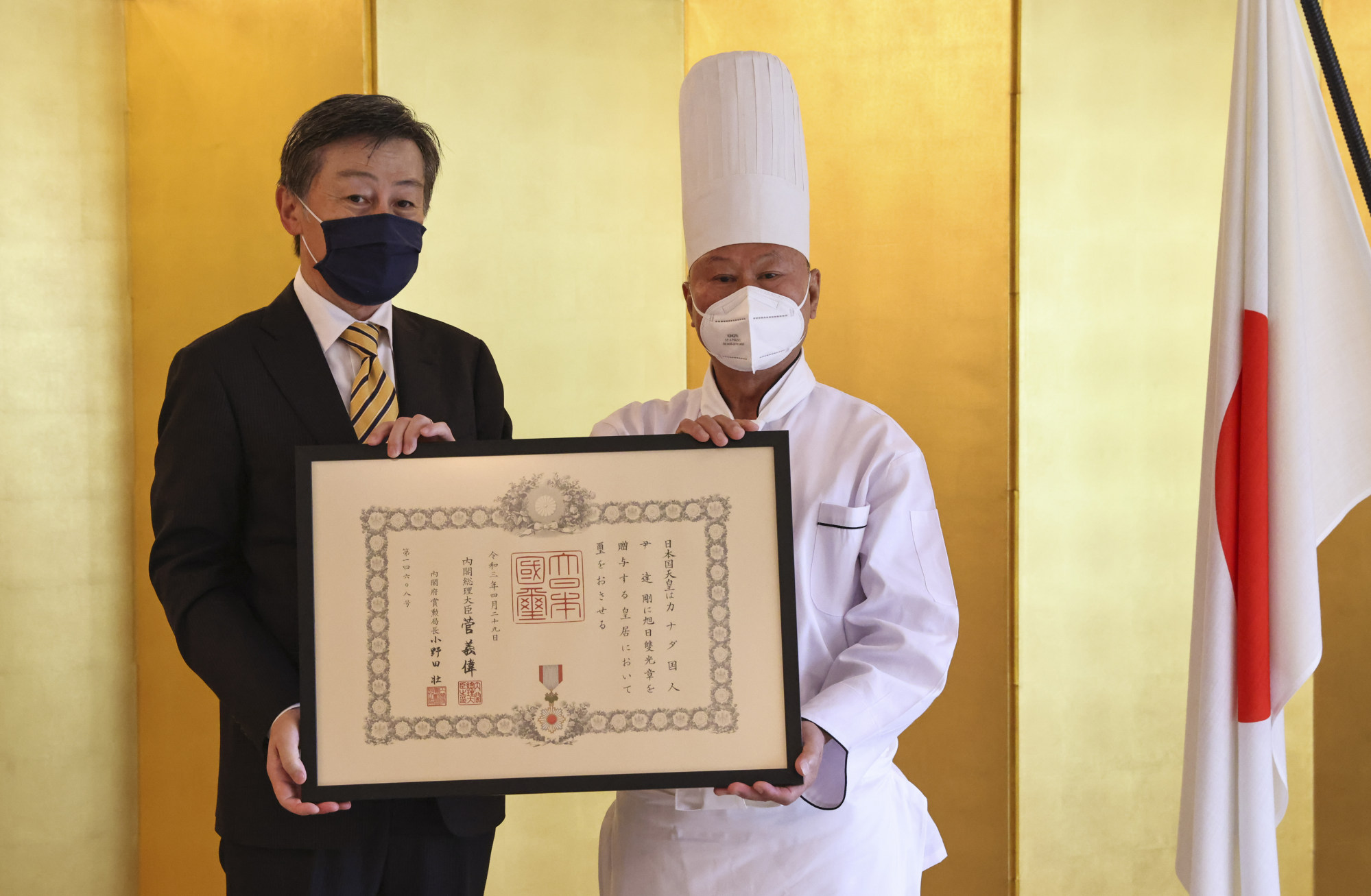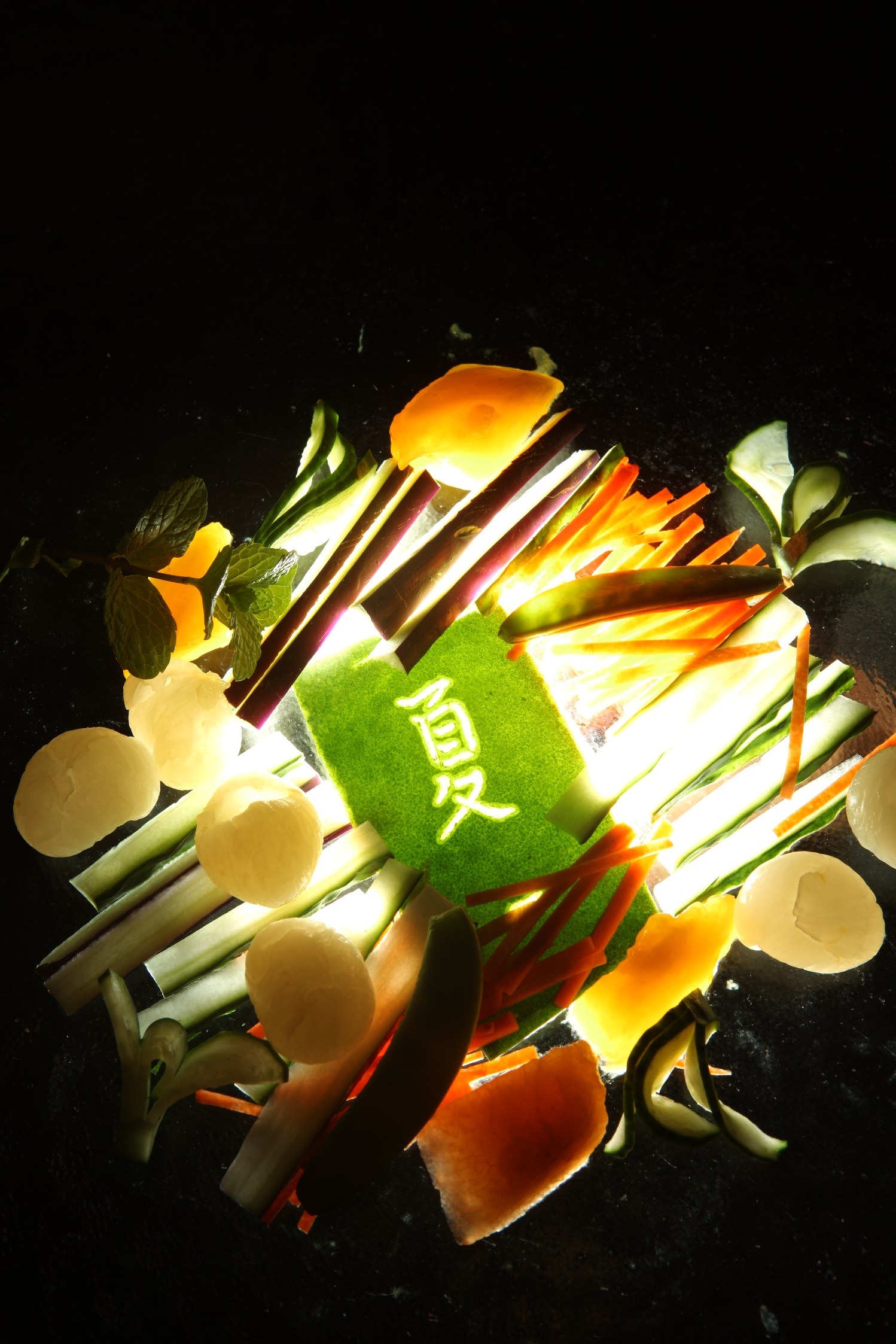
Immigrant who swam to Hong Kong and dropped out of school to work becomes highly qualified chef honoured by Japan
- Japanese royal family awards cook the Order of the Rising Sun, Gold and Silver Rays for his efforts and achievements in promoting Japanese ingredients
- 73-year-old has no plans to retire yet and hopes to continue his lifelong mission of bringing Chinese and Japanese food together
Not long after Wan Tat-kong swam from mainland China to Hong Kong as an illegal immigrant in the early 1960s, he had to quit studying and worked in a restaurant at the age of 13 to help his family make ends meet.
“My family was not wealthy when I was a child. I joined the industry because we needed food to fill our stomachs,” Wan, 73, the eldest of nine children, told the Post on Tuesday.
He has since spent more than four decades working as a Chinese cuisine chef in Hong Kong, Japan and Canada, and last week he became the first chef in the city to receive an award from the Japanese royal family – the Order of the Rising Sun, Gold and Silver Rays – for his efforts and achievements in promoting Japanese ingredients used in his craft.

The award was established in 1875 by Emperor Meiji. It is presented to individuals who accomplish distinguished achievements in international relations, promotion of Japanese culture, advancements in their field and development in welfare.
The Japanese consulate in Hong Kong conferred the award to Wan earlier in April, but he only received the honours at the residence of the Japanese envoy, Kenichi Okada, on Tuesday because of delays amid the coronavirus pandemic.
Okada said: “I really appreciate that Hong Kong people enjoy Japanese food. As a government official, I’m grateful for Hongkongers’ affinity for Japanese culture and food.”

For 16 consecutive years until 2020, Hong Kong was the largest receiver of exports of agricultural, forestry, fisheries products and food from Japan, according to the country’s consulate.
The city has the largest number of Japanese restaurants outside the country, with 1,350 such premises in 2021, according to official numbers.
Wan’s journey has been rough, growing up in a poor family and having to endure doubts from his parents when he was offered an opportunity to work in Japan.
Best new Hong Kong restaurants: big-name chefs and fresh concepts
He picked up Japanese from teacher Rie Tamura in 1965 after coming to Hong Kong, where she introduced him to Masao Tazuke, a former general manager of Sanwa Bank.
Wan taught Tazuke and his wife Chinese cuisine and formed a strong bond with the couple, who were impressed enough to invite him to work in Japan when he was 24.
But he faced many hurdles trying to convince his parents, he recalled.
“They didn’t know much about the country and I had to explain to them that Japan is a good country to work in, and that I’ll be safe there so they shouldn’t worry,” he said.

“The most important consideration was money, I told my parents that I would get financial assistance [from the Tazukes], my parents were happy about that,” he added.
The opportunity has changed his life for the better. In 1988, he became an expert chef, the highest ranked Chinese cuisine chef in the Chinese national qualifications.
In addition, he advised local governments in Japan on how to promote their products in Hong Kong.

“I’m thankful for them. I don’t care if they have a lot of social status or money, but its the heart that matters, I’m extremely grateful,” said Wan.
Although age has caught up to Wan, the chef has no plans to retire yet and hopes to continue his lifelong mission of bringing Chinese and Japanese food together.
He also expressed gratitude to his wife and two children, who have moved multiple times to different cities as he pursued his cooking career.

“[My kids] don’t call me dad, they call me shifu,” he joked. “After they saw how I worked, they would rather just eat than become a chef.”
When asked about the biggest life lessons he learnt, Wan replied: “There’s good and bad that happens in life. No matter what difficulties arise, I will face them with a calm demeanor.”
He also advised aspiring chefs to be hardworking, responsible and courageous while focusing on how to make tasty and healthy food for the masses.

